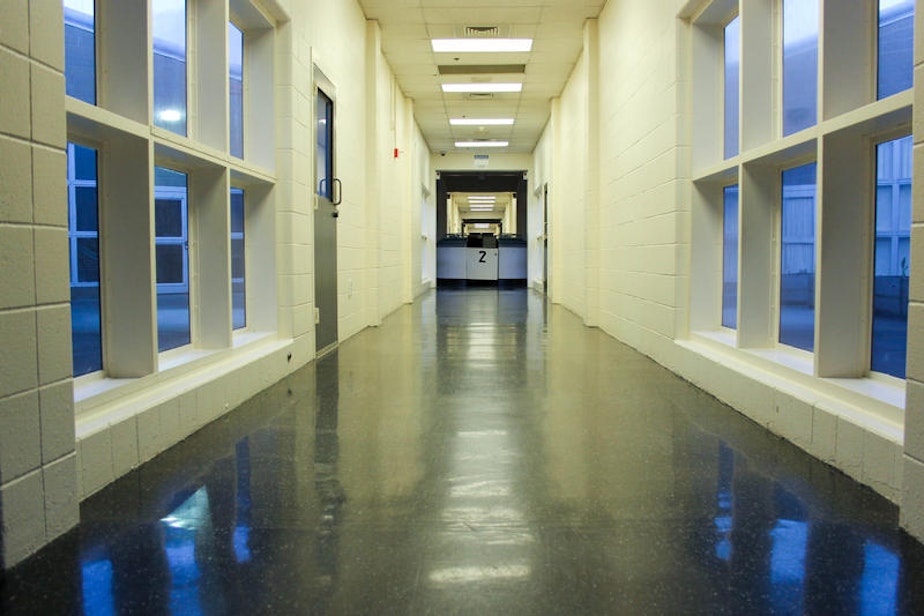King County lays out $4 million plan to keep young people out of jail

After a year and a half of research, King County has released what it’s calling a “roadmap” to help keep more young people out of jail.
On Wednesday County officials presented the plan as a way to reach a goal of zero youth detention.
The plan outlines $4 million in investments to be included in the county’s next biennial proposal.
The county's roadmap puts $1 million toward community-based organizations for mentoring, case management, and educational services. King County Executive Dow Constantine says this money will help judges release more young people electronic home detention.
“Judges in juvenile court want to make sure there is a supportive environment around that young person in the community to provide the guidance and accountability make it to their court appearances, or appointments," Constantine said.
While most people in the justice system agree that jailing young people isn’t helpful, in some cases keeping them out of jail is an enormous task. Chief Juvenile Judge Wesley Saint Clair says the plan requires everyone, including prosecutors, police, public defenders and community, to work together.
"How do we share power? How do we as institutions say we’re not doing a good job?" Saint Clair asked. "Maybe by the process of sharing power with our families and our youth and our community partners we can create a better outcome."
The report represents the culmination of feedback from experts, officials, advocates, activists and community members over the last year. Still, there’s little consensus among them. Many activists strongly oppose the county’s $210 million Youth and Family Justice Center that's currently being constructed.
But Sean Goode, Director of Choose 180, a non-profit that provides case management and mentoring, says it’s time to work collaboratively to help young people who are falling by the wayside.
“Many of us feel different ways about the contentious topics that surround getting people to zero youth detention, ”Goode said. “But to even begin this conversation we need to have authentic relationships. Relationships that transcend our particular view. Relationships that create the space for us to no longer demonize those who have been victims of an unjust system or those that have been perpetrators of that injustice. “
The county says it has reduced that number of young people in detention by 20 percent between 2013 and 2017. The county is also filing fewer juvenile cases, but significant racial disparities have increased. County data shows that black youth referrals for felony offenses are increasing and Hispanic youth were up as well.




